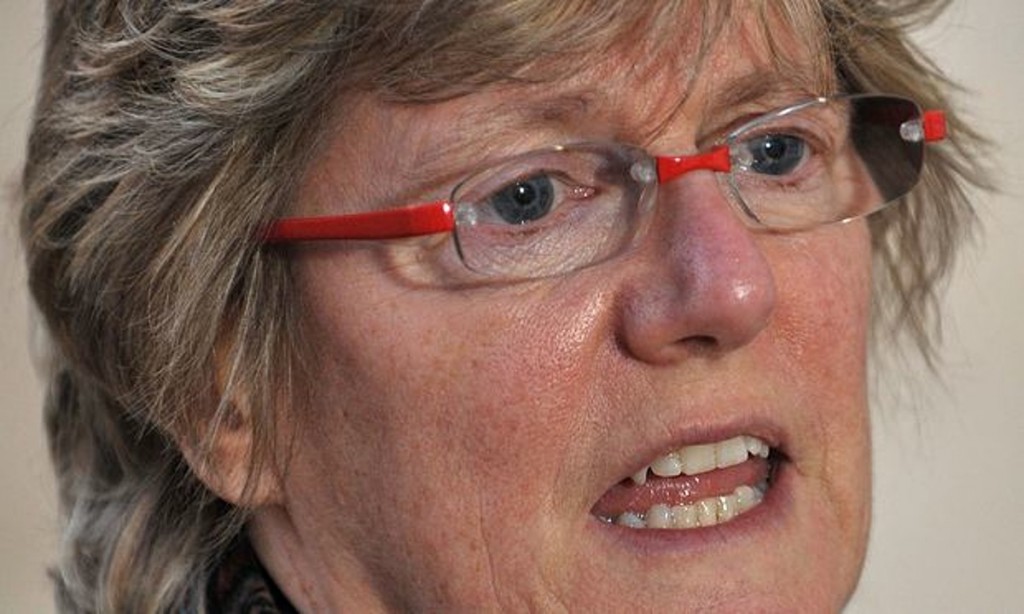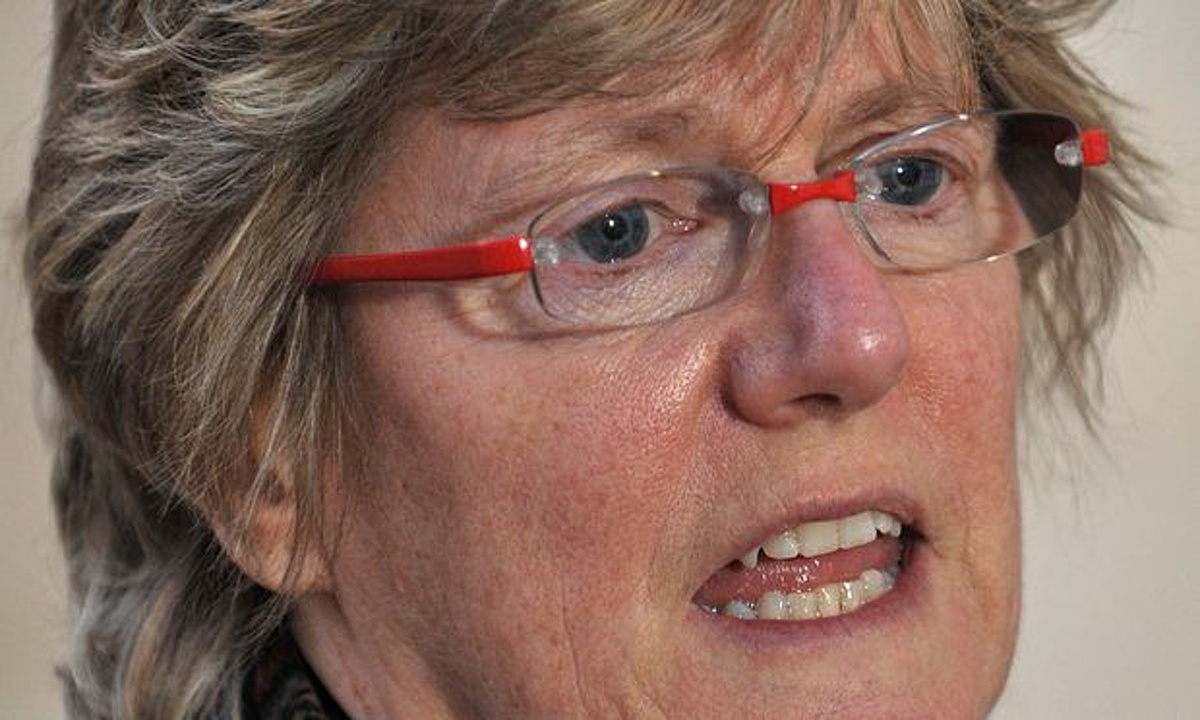
Indeed, England’s Chief Medical Officer is urging women to begin slimming down in order to protect themselves—and the generations of young ladies to come—in her most recent annual report.
This report, which greatly focuses on the biggest obstacles facing women’s health in England, makes more than a dozen recommendations for improving issues such as eating disorders, domestic abuse, maternal health, genital mutilation, and obesity.
It is an important report, as it points out the UN Food and Agricultural Organization says one in four adults in Britain now qualify as obese. Thus, Prof Davies suggests that this issue should definitely be included in the National Risk Register for Civil Emergencies, ranking as high as the threats of cybercrime and terrorism.
In the report, Prof. Davies says, “Obesity has to be a national priority. Action is required across all of society to prevent obesity and its associated problems from shortening women’s lives and affecting their quality of life.”
She continues, “In women, obesity can affect the outcomes of any pregnancies they have and the health of any future children they may have. This is a difficult message to convey, as it risks burdening women with guilt and responsibility, but I believe that it can also empower women to take positive steps like eating more healthily and taking more exercise. It is never too late to take action for a healthier lifestyle—for you and your family.”
Of course, the report does not only focus on obesity. Another important women’s health issue is ovarian cancer. In her report, she says that ovarian cancer is the second-most common gynecological cancer reported in the United Kingdom; and the deadliest form.
In 2013, ovarian cancer was responsible for nearly 4,000 deaths.
In response to the report, Royal College of Obstetricians and Gynecologists, Dr. David Richmond cheered. He recommended several lifestyle factors to be considered to improve women’s health. These could include poor diet/nutrition, alcoholism, smoking, poor sexual health, and lack of physical activity.








